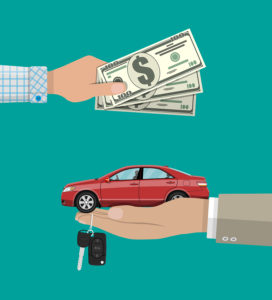

It’s easy to get confused when it comes to the sales tax treatment of rentals and leases. As with all things sales tax, the way that rentals and leases are treated can vary from state to state, so it’s important to be aware of each state’s rules. On top of that, there are many different types of leases, and each of those different lease types can be taxed differently.
Whether you are a lessor or a lessee, it’s important to understand the different scenarios that you may encounter and know how sales and use tax applies to the different types of transactions. Here are some basics of sales and use tax for rentals and leases and what is included in the tax base for rentals and leases – essentially, how much of the amount is subject to sales or use tax.
At the most basic level, rental and lease transactions are generally treated the same as sales transactions in most states – of course there are a few exceptions. A lessor can generally acquire property that will be rented or leased exempt under the resale exemption. Tax is then charged on the rental or lease amount. But things get a little trickier when determining the tax base.
When determining the tax base for rentals and leases, there are many items to take into consideration. One such item is ancillary charges on the rental or lease. The taxability of these charges will differ state by state. It’s important to note that the contract language used and the invoice presentation can also have an impact on the taxability of these charges. Here are a few examples of how these charges may be treated:

An interesting twist on the taxability of rentals and leases can arise with equipment that is provided with an operator. Some states do not impose tax on leases or rentals of equipment if the equipment is provided with an operator. In these cases, the state considers the charge to be for a service and not for the lease or rental of property. Some of the key factors in determining whether the transaction is a lease or service in this situation include:
One last item to mention is exempt uses of leased equipment. Generally, similar exemptions apply to lease transactions as apply to sales transactions. For example, a manufacturing exemption on purchases of manufacturing machinery and equipment frequently applies to leases of manufacturing machinery and equipment.
If the tax incidence is on the lessor and the lessee is exempt, it is important to determine if the lessee’s exempt status flows through to the lessor. Also note that exemptions may exist for certain lessees and for certain uses of the leased property.